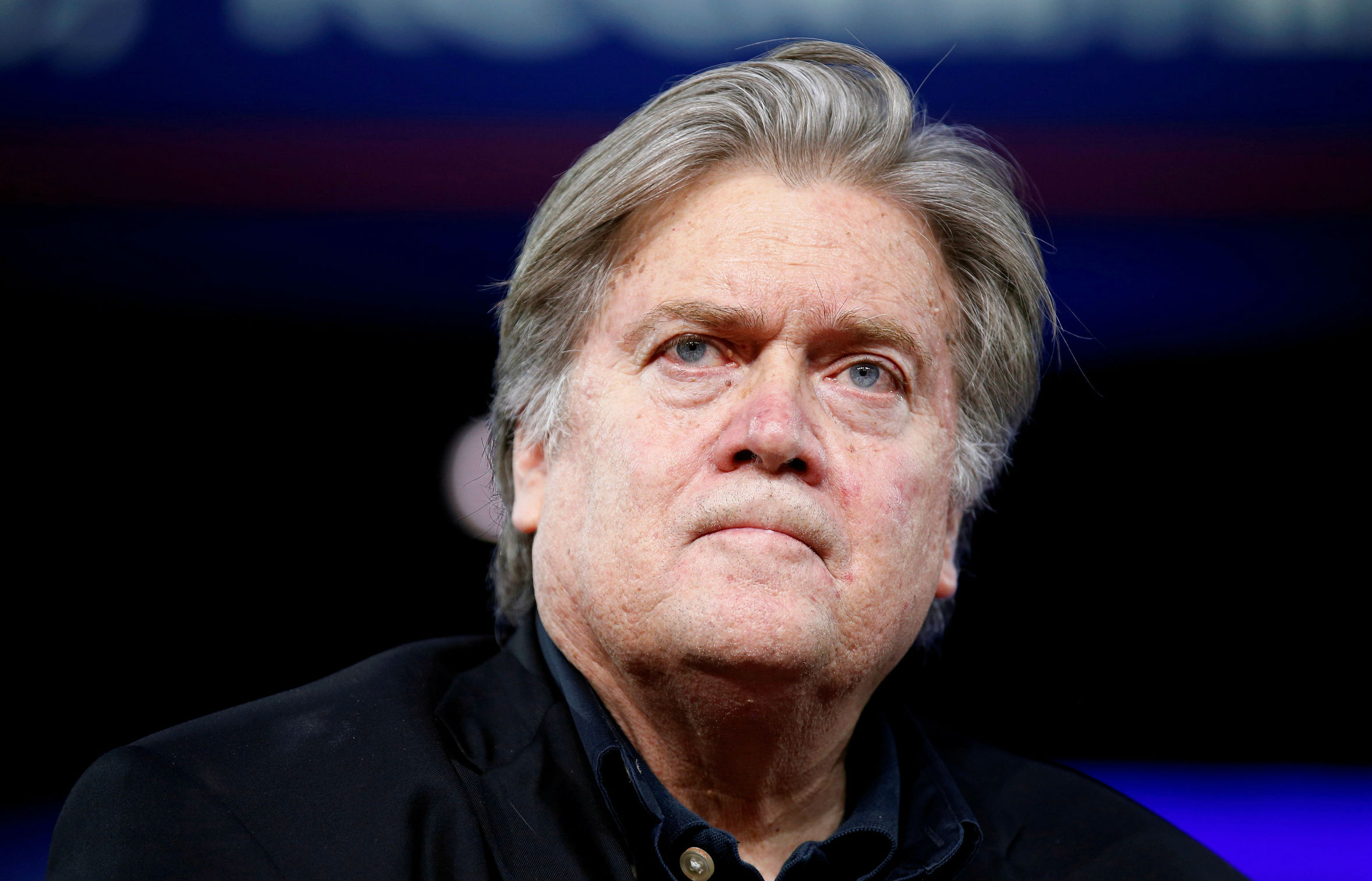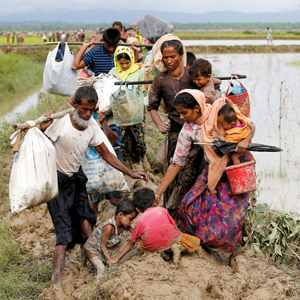Rohingya crisis escalates
With less than three months to go before Pope Francis visits Bangladesh and Myanmar, the UN High Commissioner for Refugees has reported that Rohingya refugees (pictured) continue to pour into Bangladesh, fleeing atrocities in western Myanmar.
Some 90,000 people have crossed the border since violence erupted on 25 August in Myanmar’s Rakhine state, when Rohingya insurgents attacked Myanmar military posts and the military then unleashed what it called “clearance operations” to root out insurgents. Police in Bangladesh last week said three boats carrying refugees capsized in the Naf River, killing at least 26, including women and children. Buddhist nationalists have warned the Pope against using his visit to champion the Muslim minority of over one million that many Buddhists in Myanmar insist come from Bangladesh, although the Rohingya have lived in the country for generations. In February, Pope Francis rebuked Myanmar for its treatment of the Rohingya. However, the Vatican and Myanmar established full diplomatic relations in May when the country’s de facto leader, Aung San Suu Kyi, visited Francis.
A Catholic bishop in the Central African Republic (CAR) is giving refuge to 2,000 Muslims fleeing mainly Christian militia. Juan José Aguirre Muñoz of Bangassou reported that the refugees had sought help at a seminary after fighting broke out in May, and have since been under the care “of the Church and aid organisations”. He added that nearby militias were “preventing them from going out to search for food, water or firewood”. Sectarian violence has gripped the country since 2013, when Muslim Seleka rebels seized power and were accused of killing non-Muslim civilians. “Self-defence” groups were then formed. They have also been accused of carrying out atrocities, and the country is now divided between the militias and their offshoots.
The reason why Pope Francis did not retain Cardinal Gerhard Müller as Prefect of the Congregation for the Doctrine of the Faith (CDF) was because the cardinal publicly criticised the Pope’s publications and actions in the media, Dr Thomas Schirrmacher, chairman of the Theological Commission of the World Evangelical Alliance, told the Austrian Catholic network kath.net on 31 August.
Francis dismissed the CDF Prefect as soon as his five-year term of office ended on 1 July. Schirrmacher, who was the only evangelical theologian invited to the 2015 Synod on the Family and met the Pope every day except Sundays during the synod, is the author of Coffee Breaks with the Pope: My Encounters with Francis. In the lengthy interview, Schirrmacher listed a number of occasions when Müller had openly opposed the Pope. During the synod in October 2015, Müller was one of 13 cardinals who signed a letter to Francis expressing concerns over the synod’s procedures. The cardinal was also critical of the post-synodal apostolic exhortation Amoris Laetitia, and thought that the Pope ought to have answered the four cardinals’ “dubia” letter, asking him to clarify their doubts regarding what Amoris Laetitia said, in particular, on divorced and remarried Catholics receiving communion.
Pope Francis issued a joint message with the Ecumenical Patriarch of Constantinople, Bartholomew 1, to mark the 1 September World Day of Prayer for Creation. “We urgently appeal to those in positions of social and economic, as well as political and cultural, responsibility, to hear the cry of the earth and to attend to the needs of the marginalised, but above all to respond to the plea of millions and support the consensus of the world for the healing of our wounded creation,” the message said.
Cardinal Luis Antonio Tagle, Archbishop of Manila (pictured), urged Filipino Catholics to protect the environment as he led the celebration of the day. “Care for creation is care for life,” he told those who gathered at a park where he celebrated Mass to mark the Season of Creation, from 1 September to 4 October.
Bishop’s tomb disturbed
The tomb of Bishop Jean Marie Benoît Bala of Bafia, Cameroon, whose body was retrieved from the Sanaga River three months ago, has been disturbed in Bafia’s cathedral. Traces of blood were found on 28 August. The church is now closed to the public. It will reopen after the site has been purified. According to the bishops’ conference, Bishop Bala was assassinated. The authorities claim that he committed suicide, however.
Church defenders injured
Several priests and lay people were injured defending church property from an assault by demolition workers in China’s northern Shanxi province. The standoff occurred in Wangcun village in Changzhi Diocese on 29 August. About 20 priests and 2,000 lay people sat in front of heavy earthmoving equipment in the rain to block the demolition of a surrounding wall of the property. After the workers left, protesters stood guard at the site and continued a 24-hour sit-in, praying and reciting the rosary. A few weeks ago, the Communist Party District Committee ordered the demolition of the entire area, including the walls and the church building, in order to create a square.
More than 10,000 people have sought sanctuary in a Catholic cathedral and its compound in South Sudan’s second largest city, in the hope of obtaining aid and safety amid the civil war. St Mary’s Cathedral, Wau, is packed with makeshift shelters, including around the altar. Aid agencies have installed water pumps and latrines and there are some educational and health facilities, but food is short.
Outrage at sheriff’s pardon
Catholic leaders expressed outrage at President Donald Trump’s decision to pardon former sheriff Joe Arpaio (above), who had been convicted of criminal contempt for failing to abide by a judicial order to stop the racial profiling of suspected immigrants. He was due to be sentenced in October. Arpaio, of Phoenix, Arizona, was notorious for having his deputies stop people who looked Hispanic and demanding to see their documents. In America magazine, Miami Archbishop Thomas Wenski asked: “If Arpaio can be pardoned, why not the irregular immigrants?”



 Loading ...
Loading ...